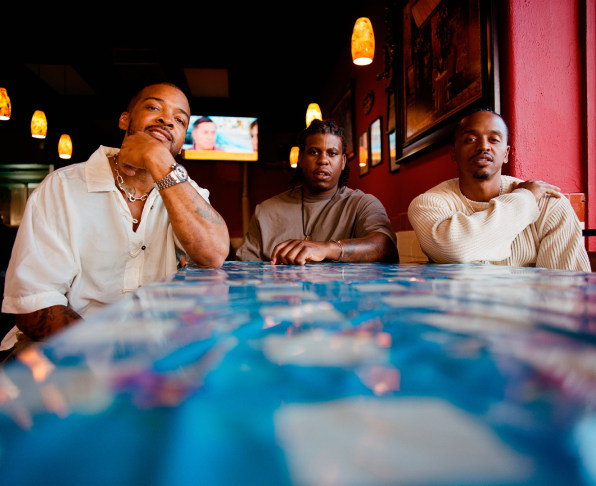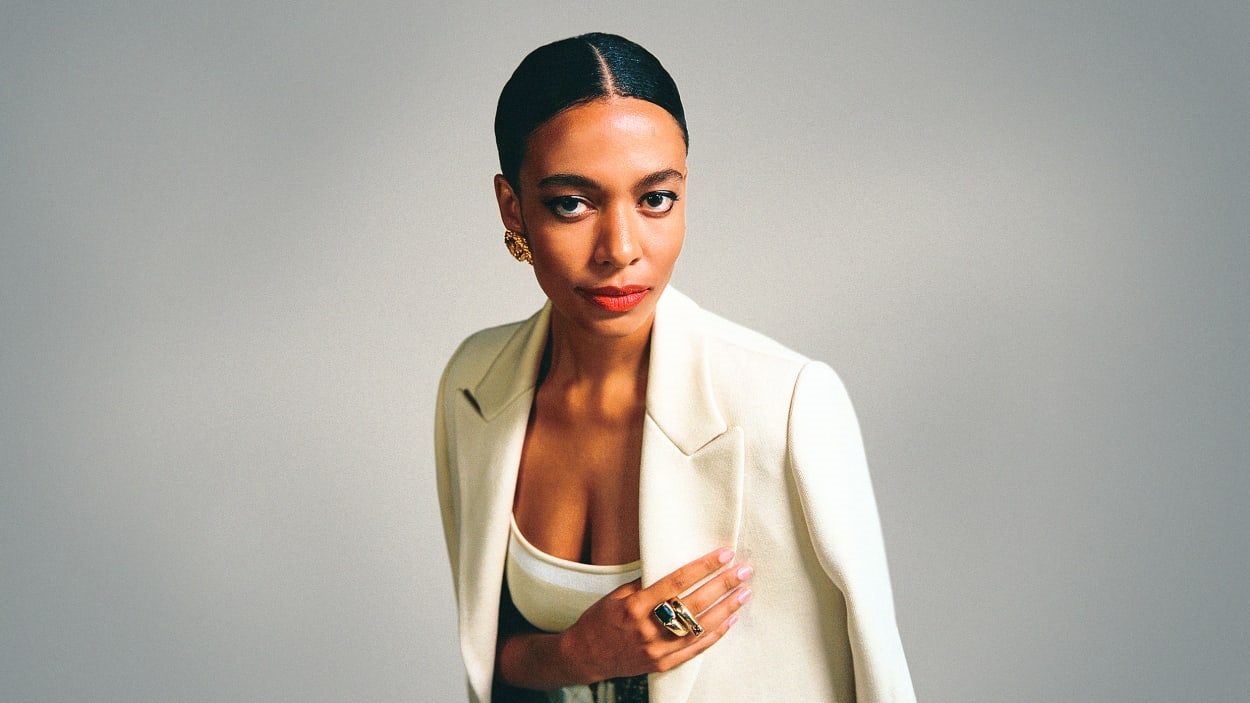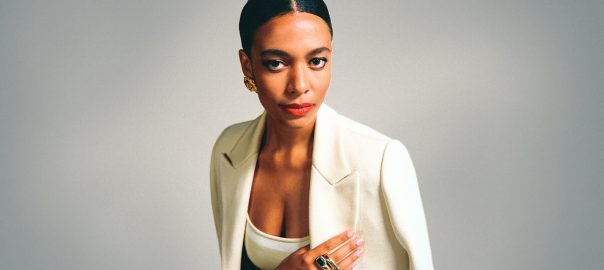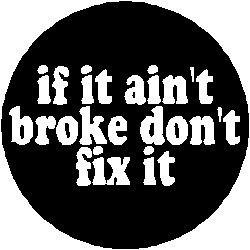A decade ago, Aurora James, founder of the luxury shoe label Brother Vellies, was eager to grow her nascent business. She needed a cash infusion to expand production and create a more robust website. But as a Black woman, it wasn’t easy to secure funds.
James wasn’t well connected to the private equity community, and she didn’t have a network of people who could help her vet potential investors, to make sure they were invested in the success of her business. In the end, with few options, James took out a $70,000 loan with very unfavorable conditions that ballooned to well over a million dollars. “There is really predatory capital out there,” she recalls. “But when you don’t have better opportunities, you might turn to something like that.”
Today, James is announcing a new project that she hopes will prevent other Black founders from needing to take a similar path. She’s joined forces with Alisa Williams, a partner at the private equity firm VMG Partners, to tap into an $850-million fund with a new initiative called the Friends and Family Collective that will focus on founders of Black-owned businesses. James and Williams have already started investing $25 million in brands like Ghetto Gastro, Beauty Stat, Melanin Hair Care, Proudly, and Danessa Myricks.
James’ quandary is common among Black founders. As recently as last year, only 1% of all venture capital went to Black-owned companies. “People in private equity and venture capital are making bets on founders that they feel are going to be successful,” says James. “But there’s a lot of unconscious bias in that process. If Mark Zuckerberg or Larry Page is their archetype of a successful founder, where does a Black founder fit in?“
She says that this fund is a natural extension of her work with the Fifteen Percent Pledge, an initiative she launched in the aftermath of George Floyd’s murder that challenges retailers to devote 15% of their shelf space to Black-owned brands. She’s gotten everyone from Target to Nordstrom to Sephora on board, shifting an estimated $10 billion of revenue to Black-owned businesses.
Over the past three years, she’s built a 17-person team that is devoted to helping retailers bring on more Black-owned brands into stores—then collecting a lot of data about the impact of this work in terms of the revenue going back to Black communities. But she found that many Black founders struggled to scale their businesses and be in a position to partner with a retailer. “We can get all the shelf space in the world, but if we don’t have the resources we need in order to help Black-owned businesses take advantage of the opportunity, then we’re just stuck,” she says.
James and Williams are focused on finding businesses that already have a proven track record, but are at a point when they are ready for some growth. Take, for example, Ron Robinson, who has been a cosmetic chemist for 25 years at companies like Lancôme, Avon, and Revlon. Fifteen years ago, he launched his own company BeautyStat, which has developed a loyal following among professional makeup artists, but the brand still isn’t as well known as James believes it should be. “We wanted to make sure he was equipped with everything possible to make sure he had the best shot at the market,” she says.

They’ve also invested in Ghetto Gastro, which began as a collective of three professionally trained Black chefs who wanted to tell stories through their cooking. They became known for creating impressive events that bring together music, visual art, and food in order to start conversations about race, inclusion, and economic empowerment. Many big companies have hired them to throw events, including Nike, Cartier, and Microsoft. At New York Fashion Week, Marvel hired them to host a Black Panther themed event. “We’re using food as a medium to tell stories our own way,” says Jon Gray, one of Ghetto Gastro’s cofounders. “We created something that spoke to us. If we wanted it to exist in the world, we had to create it ourselves.”
In 2021, Ghetto Gastro expanded into consumer products. The brand has started making syrups and pancake mixes with striking flavors including toasted matcha and ancestral roots, which combines flavors from Africa, Asia, and the Americas. “We’re really celebrating the idea of cultural collision,” says Gray. “We often think of high cuisine through a Eurocentric lens, but we wanted to have a counternarrative to that.
Last week, the brand launched a collection of small appliances at Target, including waffle makers, toasters, and coffee makers. The infusion of funding from the Friends and Family Collective will help them with this expansion, which will hopefully provide new streams of revenue and help the brand become more of a household name.
James says that a key part of Friends and Family Collective is providing founders with a team of advisers who can support them as they grow. At VMG, James and Williams are building a cadre of experienced entrepreneurs of color who can provide practical help when founders face challenges. “We’re focused on how these founders are going to be supported,” she says.
And this is important, because many Black founders don’t feel like they have the luxury of failing. While there’s a common thinking in the world of startups that it’s important to take risks and fail fast, James says that many Black founders don’t see the world as full of endless opportunity. If they have one shot, they need to take it. “Black founders put their heart and soul into their businesses, and they’re more protective of them,” she says. “There is really no other option.”

But ultimately, James argues that the Friends and Family Collective and the Fifteen Percent Pledge aren’t just good for the Black founders. She believes thriving Black-owned businesses are a boon to the American economy and give consumers a wider array of choices when it comes to products. “Consumers are sick of seeing the same old thing year after year,” she says. “Younger generations want new kinds of products that have different backstories. These Black-owned brands are here to deliver.”
(1)









